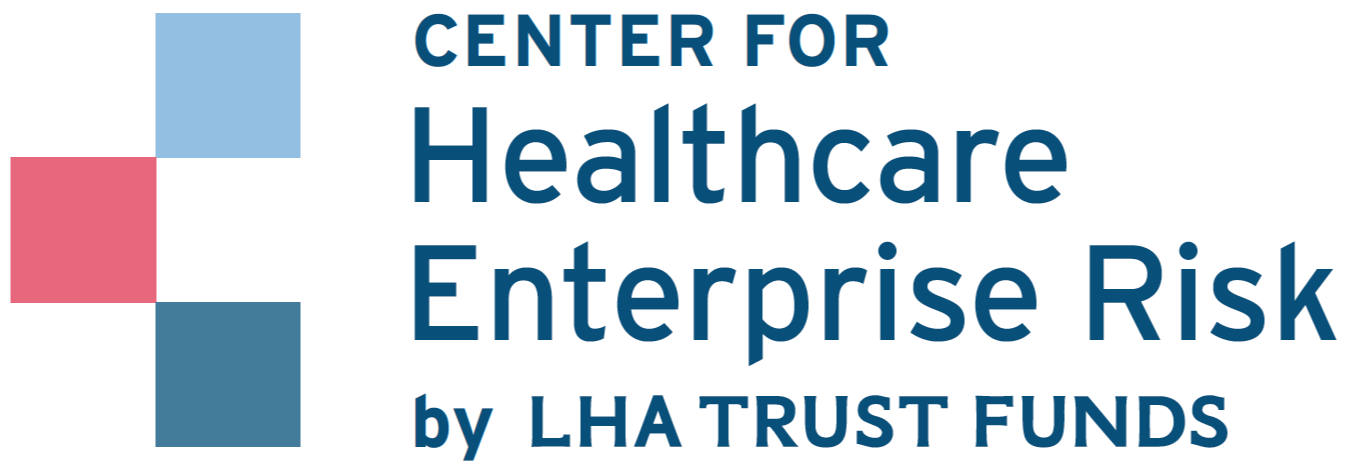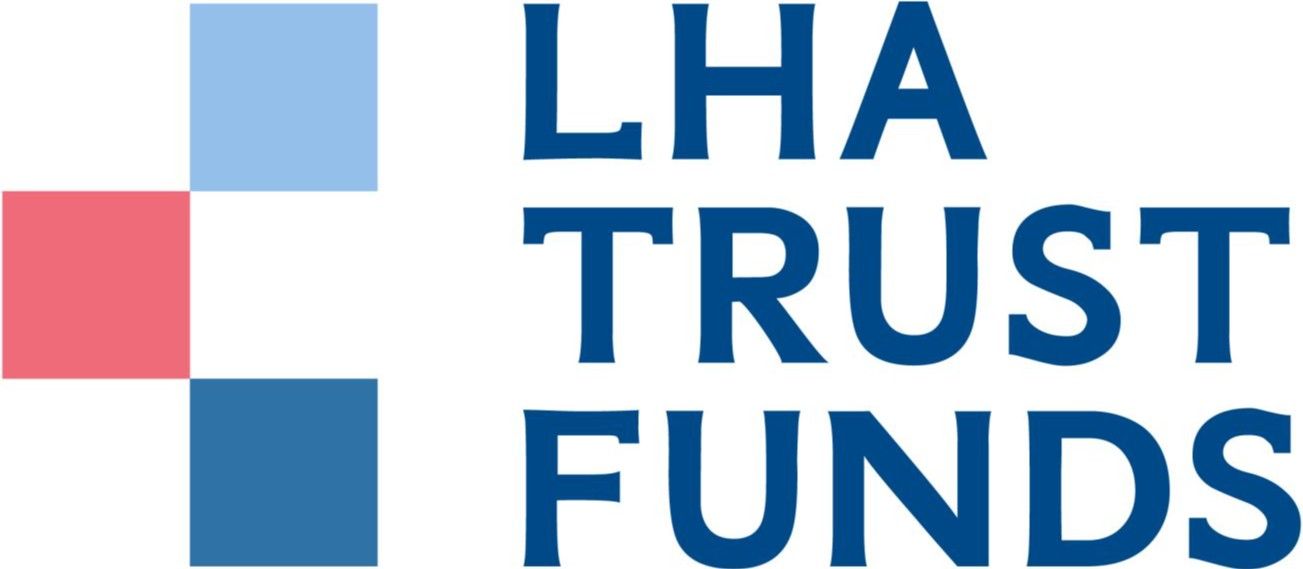CHER On-site Training
Designed for team engagement, hands-on learning, and convenience, our on-site training courses bring the experts directly to you. Browse our complete list of offerings below to find topics that best fit your employee needs.
Request an on-site training class for your organization by completing the form at the bottom of the page.
Request an on-site training class for your organization by completing the form at the bottom of the page.
Bloodborne Pathogens
Needlestick Prevention
Needlestick and sharp related injuries are very common in healthcare, but they are easily preventable. Understanding strategies to prevent needlestick and sharp injuries is vitally important to stop exposure to diseases transmitted through blood. From this presentation, staff will gain a heightened awareness of how needlesticks and sharp injuries occur, the diseases that could result from bloodborne pathogen exposure, and how to protect themselves from exposure.
Departmental Safety
Dietary Safety
Our dietary safety presentation addresses the unique
hazards faced by dietary staff and provides safety tips to prevent accidental injury. The content discussed in this training is ultimately beneficial in providing dietary staff members with the awareness and insights they need to
stay safe while they work.
Environmental Services Safety
Designed to highlight the hazards faced by EVS staff, this training emphasizes unique risks present while preparing staff members with lessons in slip/trip/fall prevention, chemical safety, use of fire extinguishers, and sharp object safety. EVS staff members will gain
the insights and information they need to stay safe while at work.
Safety & Security in Home Healthcare
Heighten the awareness of safety and security for all home healthcare professionals in your organization with insights and training that directly apply to the home environment. The training includes a discussion of the unique issues that home healthcare presents to professionals as well as strategies to mitigate those risks to create a culture of safety.
Driver Safety
Defensive Driving
If your organization has employees who drive company vehicles or even their own vehicle for work purposes, it is important to ensure they are driving defensively. Our Defensive Driving course, with content from the National Safety Council, is an interactive course that addresses important concepts to ensure safe driving such as distracted driving, stopping distances, blind spots, and pre-trip inspections. Each student will receive a training manual for future reference and a training certificate of completion.
Fall Prevention
Slip, Trip, Fall Prevention
Explore the common slip/trip/fall hazards present in
healthcare facilities and learn insights to protect
yourself, your team, and visitors to your facility with
our Slip, Trip, Fall Prevention presentation. The
content of this lesson raises awareness of these
hazards in the workplace through the use of
pictorial examples and discussion, and its insights
apply to all staff members.
General Safety
Back Injury Prevention for Material Handling
Our training includes a discussion about safe lifting techniques and how to safely lift materials to prevent back injuries. The content is appropriate for all employees who may need to lift materials.
Bullying and Harassment
Suitable for all staff members, our bullying and harassment training helps address provocation, intimidation, and violence in the workplace. The presentation discusses what constitutes bullying and harassment, why it happens, the implications of bullying and harassment in the workplace, and what can be done when it occurs.
Ladder Safety
This presentation is designed to increase your staff’s understanding of ladders and the risks they pose in the workplace. Ladders of all types are discussed in this module, from small step ladders to tall ladders used mostly by maintenance workers. The goal of this lesson is to raise employee awareness of safety measures that should be taken to prevent injury when using ladders.
Workplace Safety
Our general Workplace Safety overview presentation encompasses many common hazards in the healthcare workplace, including discussions on workplace violence, material handling, slip/trip/falls, distracted driving, and sharps handling. This content applies to all staff members as it provides a high-level discussion of mitigation strategies.
Hazardous Communications & Materials
Globally Harmonized System (GHS) Labeling Requirements
By streamlining the handling of chemicals, our GHS labeling requirements presentation is designed to enhance chemical safety – and thereby overall work safety – in your organization. The content provided meets the OSHA requirements for Hazardous Communications and focuses on the requirements and interpretation of the GHS labeling system, including a pictogram challenge game and learning exercise.
Globally Harmonized System (GHS) Safety Data Sheet
The GHS Safety Data Sheet presentation helps improve the awareness of chemical properties and information that your employees may come into contact with daily. The content provided meets the OSHA requirements for Hazardous Communications. The discussion and information provided focus on understanding GHS safety data sheets and include an interactive
learning exercise.
Nursing & Nursing Processes
Documentation in a Live Access World
The CURES Act of 2021 requires most notes in the electronic medical record, including progress notes and other notes by non-LIPs such as nursing and allied health, to be immediately available to patients. The advent of this new requirement has opened the door to many new medical malpractice and patient safety risks that clinicians should be aware of. The training lays out the requirements of the Act, documentation strategies, and best practices to reduce litigation risks.
Reducing Your Liability Risks Through Proper Nursing Documentation
Developed specifically for nurses, this presentation stresses the importance of proper nursing documentation in the medical record. The lesson covers documentation habits and actions to avoid, and it provides helpful tips to ensure effective documentation overall.
Violence Prevention & Active Shooter
Active Shooter Education
Designed to empower healthcare professionals, our active shooter education training provides your team with critical guidance on personally surviving and protecting others inside an active shooter situation. This lesson addresses how to react when a violent intruder enters the facility as well as covering the four A’s: Accept, Assess, Act, and Alert. Ultimately, this presentation illustrates how awareness, preparation, and rehearsal can prepare you to help yourself and others survive potentially fatal situations.
Keeping Peace in the Workplace
Our presentation is perfect for any healthcare organization — including physician office practices — desiring to reduce workplace violence. Learn how to identify escalating behaviors and how to intervene early to defuse a potentially violent situation. We also discuss behaviors of concern and how heightened awareness and reporting of violent behavior can help reduce the incidence of these situations overall.
Situational Awareness
Discover how heightened awareness of your
surroundings can improve safety and reduce the
risks of injuries and violence in our situational awareness training presentation. This lesson is valuable for anyone working in a healthcare facility to improve the overall culture of safety.
Workplace Violence Prevention
Discover how heightened awareness of your surroundings can improve safety and reduce the risks of injuries and violence in our exclusive situational awareness training presentation. This lesson is valuable for anyone working in a healthcare facility to improve the overall culture of safety.
Request a Training Session
Meet Our Consultants
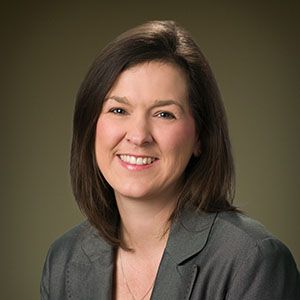
Stacie Jenkins, MSN, RN, CPSO
Stacie Jenkins is a registered nurse with a master’s degree in nursing informatics. She has more than 30 years of experience in healthcare, working in patient care and quality improvement positions. As Vice President of Patient Safety and Risk for the LHA Trust Funds, she works closely with hospital administrators, risk managers and nursing staff to improve patient safety and establish best practices. She conducts on-site assessments and gives presentations designed to help clients address their patient safety risk management challenges.
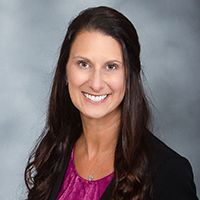
Caroline Stegeman, RN, BSN, MJ, ONC, CPHRM, CPSO
Caroline Stegeman has more than 30 years of nursing and clinical risk management experience in a variety of healthcare settings. She has extensive experience in the management and handling of patient safety incidents, clinical and environmental risk assessments, root cause analysis, regulatory and industry best practices (TJC, CMS, DHH), hospital emergency preparedness, disaster management, medical malpractice mitigation, healthcare safety & security, and quality improvement initiatives.
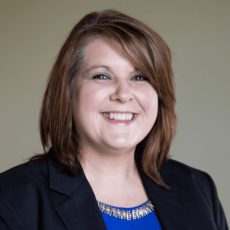
Allison Rachal, RN-BC, CPSO
Allison Rachal has more than 30 years of nursing and clinical risk management experience in patient care, patient safety, risk management, case management, medical malpractice claims review, quality management, and nursing administration. Her direct patient care included emergency room, behavioral health, and home healthcare responsibilities. She is well versed in healthcare regulatory requirements (TJC, CMS, DHH) and industry best practices, and she frequently educates and trains members on various patient safety topics. She holds an ANCC Certification in Medical-Surgical Nursing and is certified as a Management of Aggressive Behaviors (MOAB) Trainer.

Glenn Eiserloh, CHSP
Glenn Eiserloh has more than 21 years of loss prevention and risk management experience. Mr. Eiserloh has a Bachelor of Science degree from the University of New Orleans in Finance with an insurance concentration. He provides consultation services relative to workplace loss prevention, safety training, general liability risk reduction, worksite safety inspections, and trend analysis. He is also certified as a Management of Aggressive Behaviors (MOAB) Trainer.

Steve Johnson, COSS, CHSP
Steve Johnson provides consultation services to hospitals and healthcare facilities that are members of the LHA Trust Funds regarding safety issues related to general liability and workers’ compensation. Mr. Johnson has approximately 17 years of experience in risk management, including on-site risk assessment, safety training, and accident investigation. He is a 2005 graduate of Louisiana Tech University with a Bachelor of Science in Environmental Science. He is also certified as a Management of Aggressive Behaviors (MOAB) Trainer.
